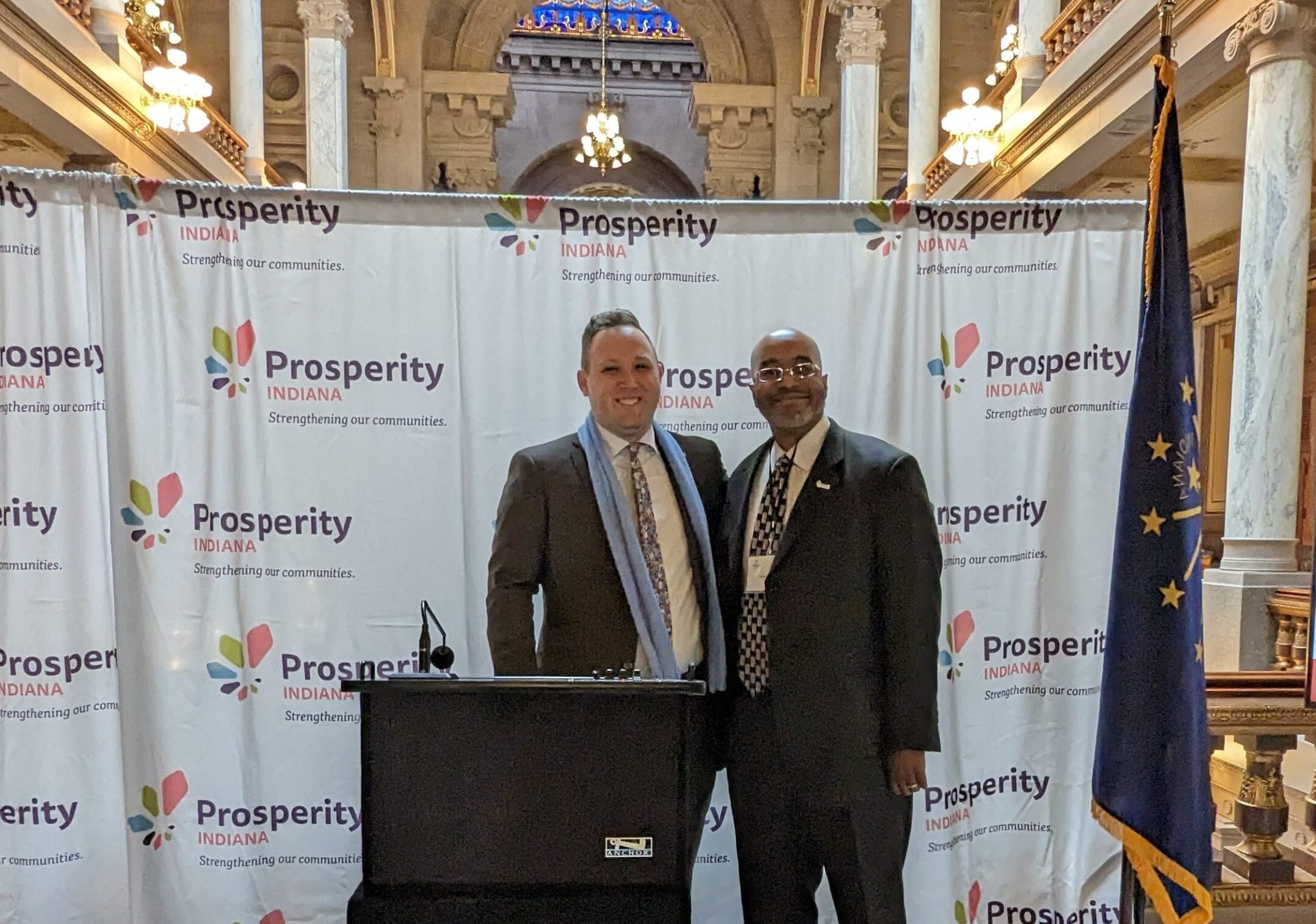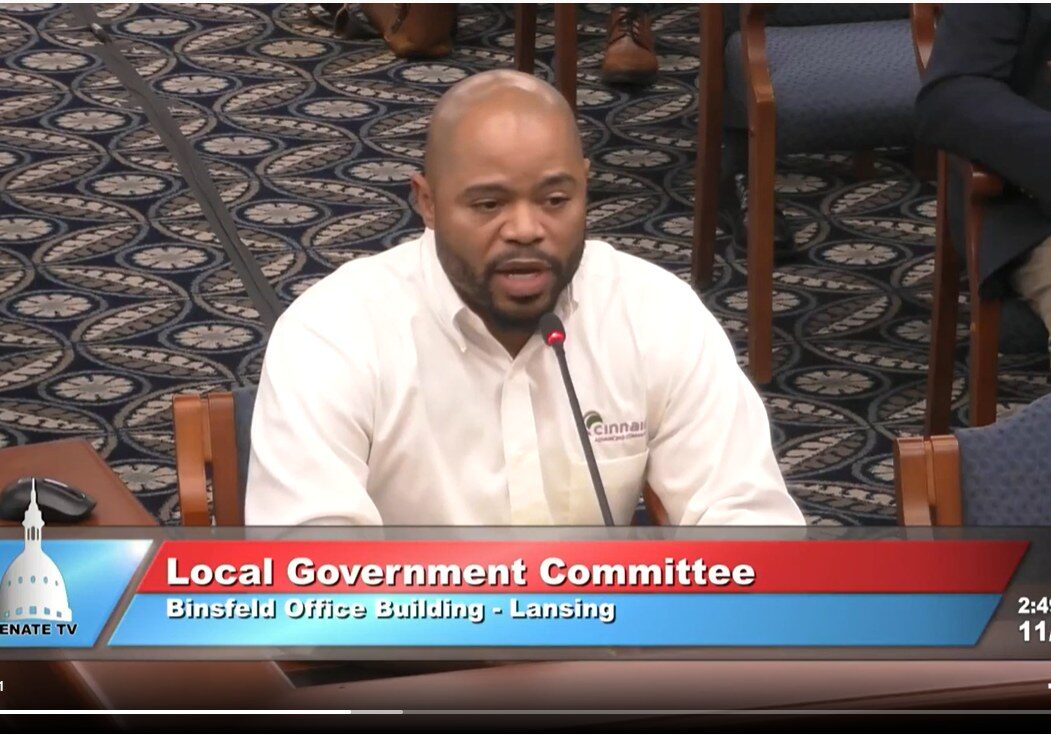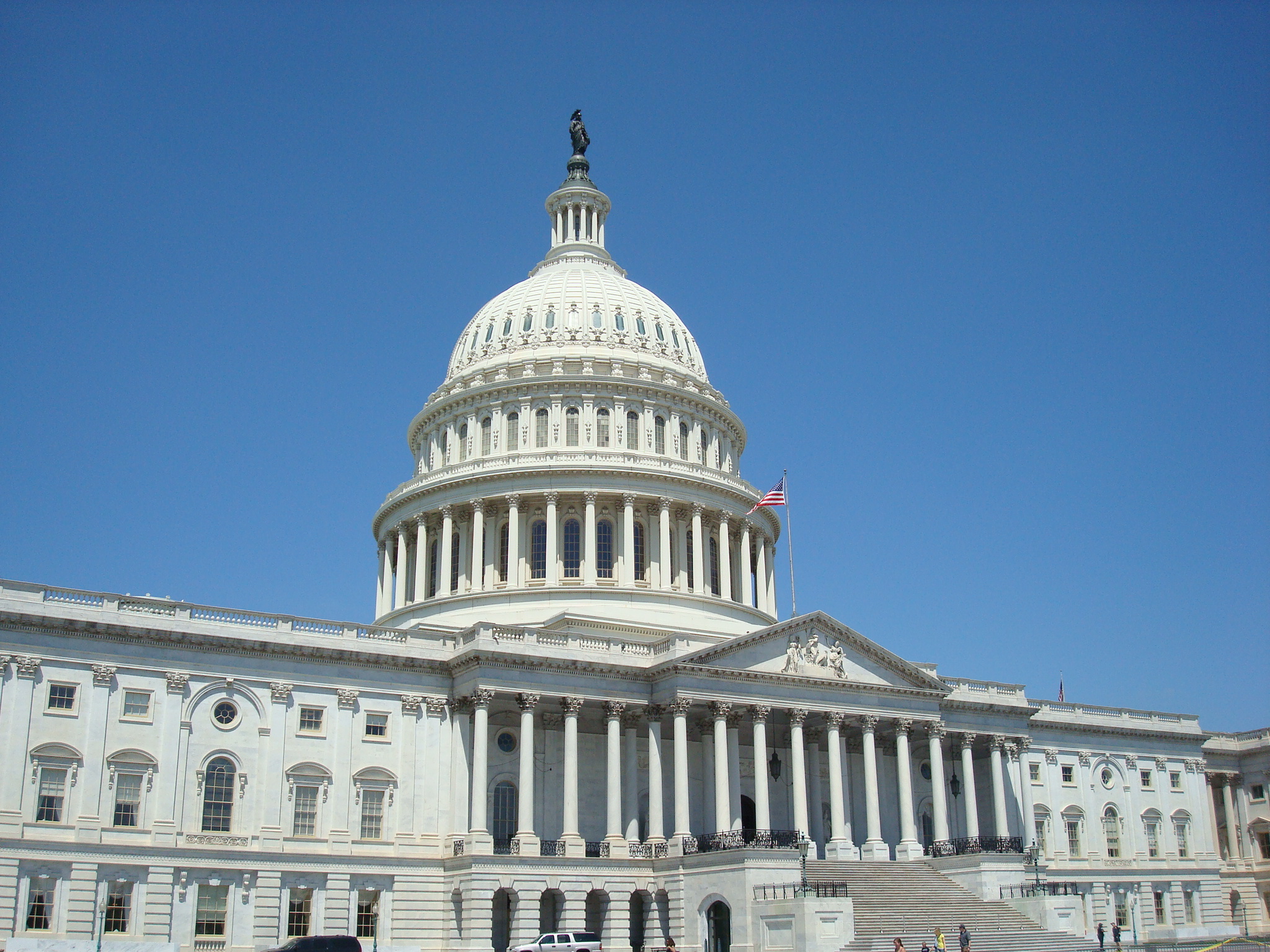Public Policy And Advocacy
At Cinnaire, we invest in people and places to transform lives through capital investments and development solutions. We work to achieve that vision by creating partnerships that drive investment in our communities, including rural and urban areas that are often overlooked by the mainstream financial sector. To be successful, our work requires public-private partnerships and public policies that encourage investment in all communities. We believe it is essential to educate policymakers on the role of critical programs and advocate for policies that will boost opportunities in our communities.
Cinnaire's public policy and advocacy efforts rely on close coordination with our partners throughout our footprint. We are most effective when we highlight the positive impact of quality, affordable housing and community facilities.
To learn more about Cinnaire's public policy priorities and partnerships, click below or contact Chris Neary, Cinnaire's Senior Vice President for Policy, Research and Advocacy.



FEDERAL POLICY & ADVOCACY PRIORITIES
POLICY ACTIONS FOR ADVANCING COMMUNITIES
ENHANCE THE LOW-INCOME HOUSING TAX CREDIT
The severe lack of affordable rental housing continues to be a pressing challenge for communities across the country, including both rural and urban areas. No program has been as successful at creating affordable housing than the Low-Income Housing Tax Credit (Housing Credit), a public-private partnership with broad, bipartisan support. By encouraging private investment in the production and preservation of affordable housing, the Housing Credit has financed more than 3 million homes for low-income households, including desperately needed housing options for veterans, seniors, and individuals with disabilities. Unfortunately, development of affordable housing lags far behind the demand and availability of the Housing Credit. More than 11 million low-income households – roughly one in four renters – spend more than half of their income on rent.
BOOST CRITICAL HOUSING ASSISTANCE PROGRAMS
The U.S. Department of Housing and Urban Development (HUD) operates several programs that are critical to increasing affordable housing for low-income residents. Unfortunately, federal housing programs have been chronically underfunded. Today, just one in four families eligible for federal housing assistance get the assistance they need.
EXPAND THE NEW MARKETS TAX CREDIT (NMTC) PROGRAM
The New Markets Tax Credit (NMTC) program attracts private capital to some of the most distressed rural and urban communities across the country by providing a federal tax credit for impactful investments.
With deep experience in investment in low-income communities, Cinnaire has provided $431 million in NMTC allocation to distressed communities. Increased resources for this program and long-term stability would help Cinnaire attract more capital for these impactful projects.
ENSURE COMMUNITY REINVESTMENT ACT REFORM DOES NOT HARM AFFORDABLE HOUSING & COMMUNITY DEVELOPMENT
Cinnaire urges all three banking agencies with jurisdiction over CRA to adopt consistent rules that provide certainty for banks while avoiding policies that would discourage investment in the communities that need it most, including the proven Housing Credit program and bank partnerships with CDFIs.
SUPPORT KEY PROGRAMS ENABLING CDFIS TO REACH COMMUNITIES IN NEED OF INVESTMENT
As a certified Community Development Financial Institution (CDFI), Cinnaire Lending has received several awards from the Treasury Department’s CDFI Fund through its Financial Assistance grants and the Capital Magnet Fund. These flexible sources of capital allow Cinnaire to empower our community partners to meet their needs. Robust funding for the CDFI Fund has an outsized impact, helping Cinnaire leverage private capital and investment in our communities.
MAINTAIN SUPPORT FROM GSEs FOR AFFORDABLE HOUSING
Fannie Mae, Freddie Mac, and the Federal Home Loan Bank System -- known as Government-Sponsored Enterprises (GSEs) -- remain critical drivers of the creation and preservation of affordable housing in the United States. It is critical for Congress and the GSEs’ regulator, the Federal Housing Finance Agency (FHFA), to maintain this role by preserving affordable housing goals, duty to serve requirements, contributions to the Housing Trust Fund, Capital Magnet Fund, the Affordable Housing Program (AHP) and other mechanisms to finance affordable housing development in the United States.
Chris Neary
Senior Vice President, Policy, Research & Advocacy
(302) 434-6065

Our Locations
Lansing
1118 South Washington
Lansing MI, 48910
Indianapolis
201 North Illinois Street
Suite 1530
Indianapolis IN, 46204
Wilmington
100 W. 10th Street, Suite 502
Wilmington, DE 19801
Chicago
225 West Washington
Suite 1350
Chicago, IL 60606
Madison
10 E. Doty Street, Suite 617
Madison, WI 53703
Grand Rapids
100 Cesar E. Chavez Ave.
Suite 202
Grand Rapids, MI 49503
Detroit
2111 Woodward Avenue, Suite 600
Detroit, MI 48201
